Minister of Industry and Trade Nguyen Hong Dien stated that currently, investors are sluggish and do not dare to do it because they do not know how to recover capital when investing large amounts of money in power projects.
On the afternoon of October 26, speaking at the group on the revised Electricity Law, Minister of Industry and Trade Nguyen Hong Dien emphasized that the new regulations in the bill are essentially new energy development policies or mechanisms mentioned in decrees and circulars, now institutionalized into law.
Accordingly, this bill adds specific mechanisms for developing renewable energy and new energy, aiming to remove current obstacles in investing in power sources.
“The plan to implement the 8th power plan has been issued for a year now, but investors are still hesitant and do not dare to do it because they are waiting for the mechanism,” said Mr. Dien. Enterprises are worried about how they will recover the large amount of money they have invested.
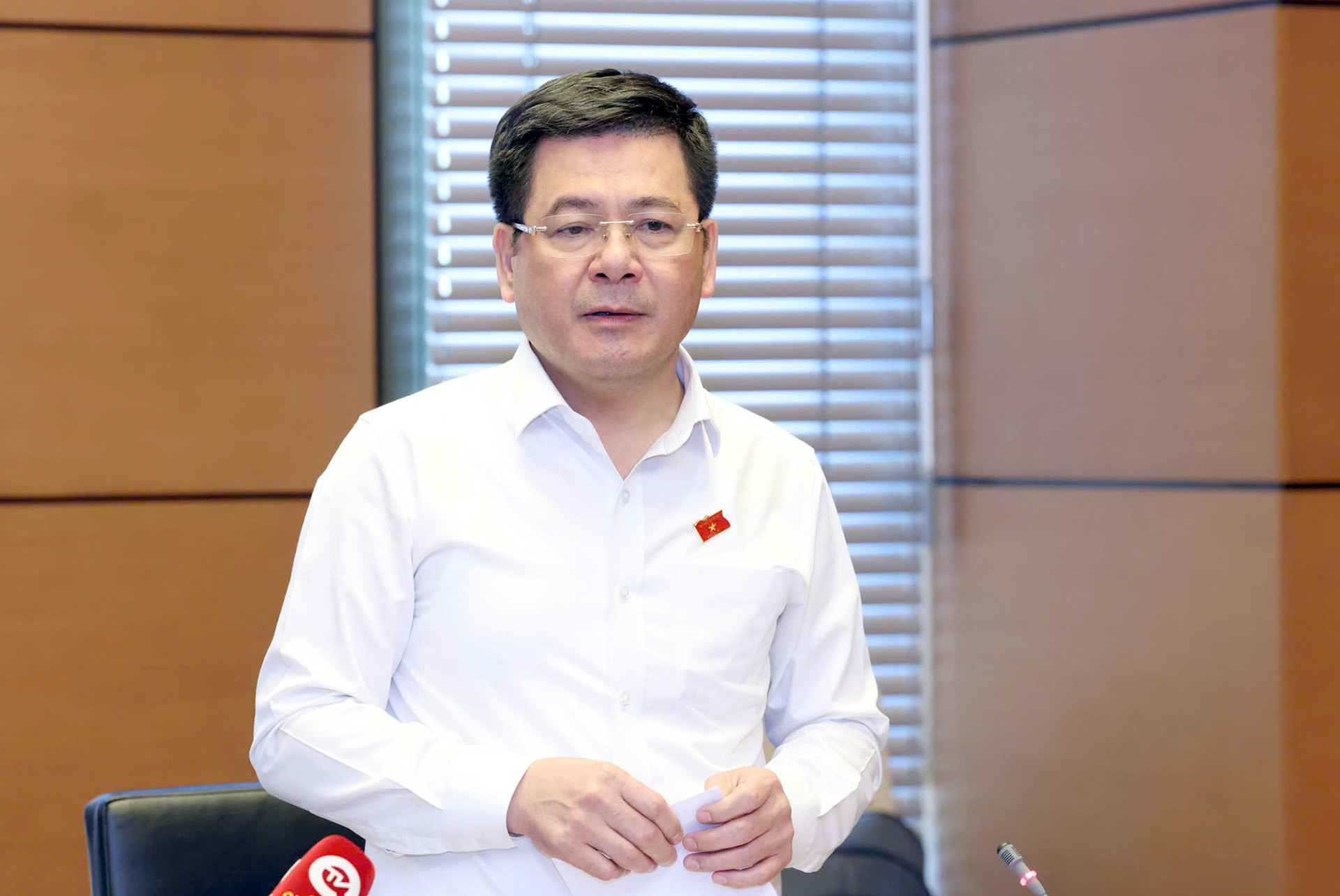
To overcome the above situation, Mr. Nguyen Hong Dien said that the draft revised Electricity Law supplements and adjusts regulations related to the electricity price mechanism, thereby forming a competitive retail electricity market. Specifically, electricity prices, electricity transmission, electricity dispatch, etc. follow the market, but are regulated by the State.
The Minister of Industry and Trade also pointed out that in reality, no business has raised the issue of investing in power transmission projects because the transmission price is too low while the investment cost is large. Specifically, the current transmission price is 5-6% of the cost of electricity production, while in reality it should be 30-35%. Therefore, the Electricity Law amends a number of articles to attract investors to the transmission sector.
According to the 8th power plan until 2030, the total power capacity is 150,000 MW (twice the current capacity); by 2050 it will reach 530,000 MW. "This requires a very strong development of power sources, without a mechanism it will be difficult to achieve the target," Mr. Nguyen Hong Dien shared.
In addition, according to Mr. Dien, Vietnam aims to reduce net emissions to zero by 2050, so it is necessary to develop renewable energy and clean electricity. However, the mechanism for developing clean energy sources is still lacking and not synchronous. "If the law is not amended, it will be difficult to attract investors to the electricity industry," Mr. Dien said, expressing his hope that the National Assembly will pass the bill at this session.
The Minister of Industry and Trade also pointed out that the current hydropower source has reached its limit, while a coal-fired power project takes 5-6 years to complete, and a gas-fired power project takes 7-8 years to complete. Nuclear power has only just begun to operate.
Therefore, according to Mr. Nguyen Hong Dien, if the promulgation of the revised Electricity Law is delayed by even one day, the implementation of electricity projects will be "delayed by years". That leads to the risk of losing national energy safety and security.
“We recommend that this bill be considered and passed in one session to have a strong enough mechanism to quickly develop capacity and strongly transform the power source structure,” Mr. Dien added.
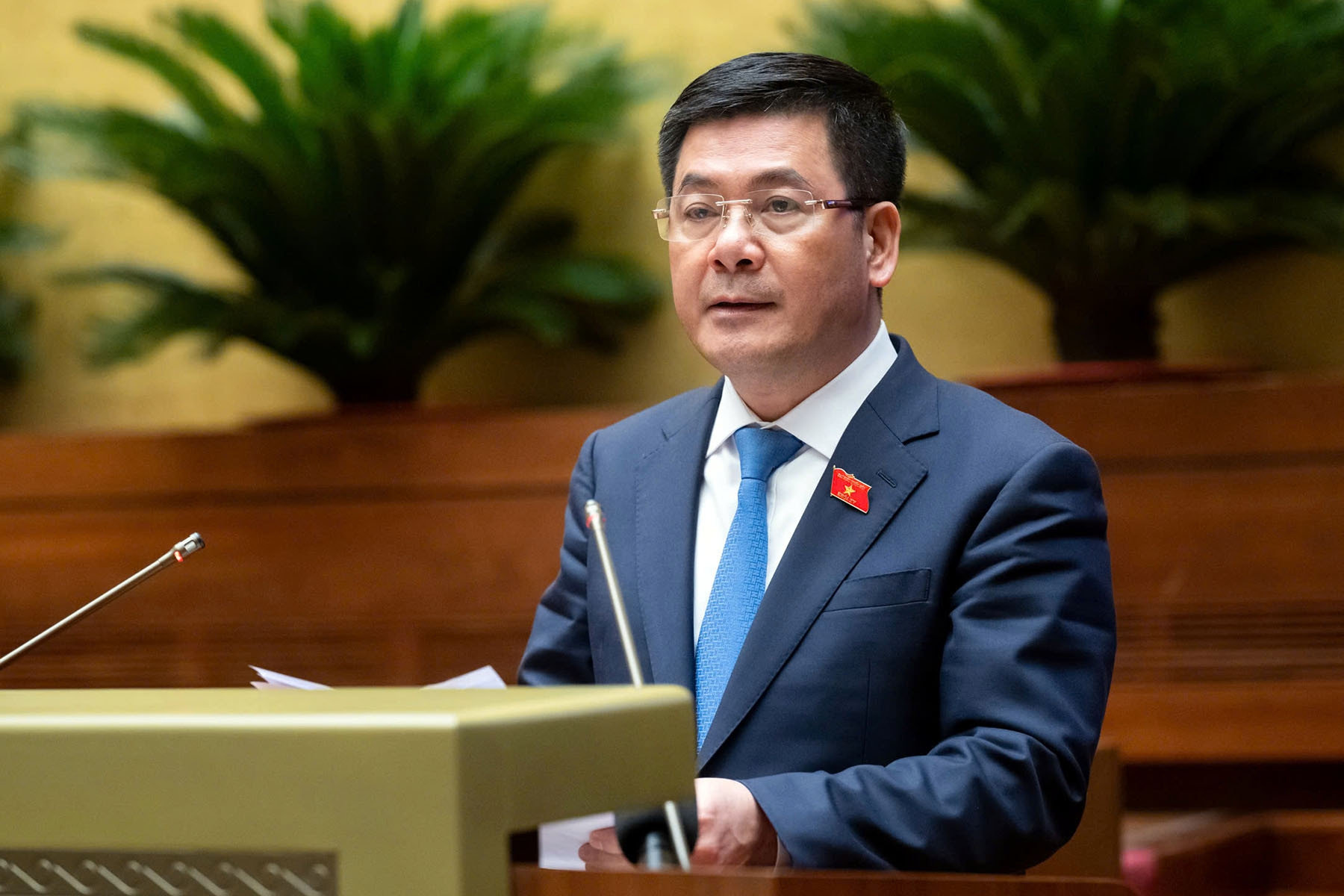
Proposing the Prime Minister to prescribe a special mechanism for investing in nuclear power
Source: https://vietnamnet.vn/bo-truong-cong-thuong-ngong-co-che-nha-dau-tu-ue-oai-khong-dam-lam-du-an-dien-2335858.html




![[Photo] Party and State leaders visit President Ho Chi Minh's Mausoleum](https://vphoto.vietnam.vn/thumb/1200x675/vietnam/resource/IMAGE/2025/5/19/d7e02f242af84752902b22a7208674ac)

![[Photo] Special flag-raising ceremony to celebrate the 135th birthday of President Ho Chi Minh](https://vphoto.vietnam.vn/thumb/1200x675/vietnam/resource/IMAGE/2025/5/19/1c5ec80249cc4ef3a5226e366e7e58f1)
![[Photo] Party and State leaders attend the special art program "You are Ho Chi Minh"](https://vphoto.vietnam.vn/thumb/1200x675/vietnam/resource/IMAGE/2025/5/18/6895913f94fd4c51aa4564ab14c3f250)




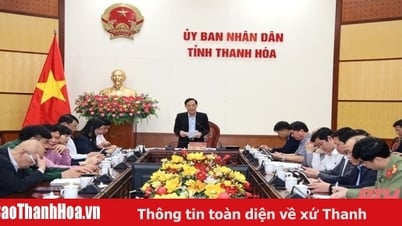

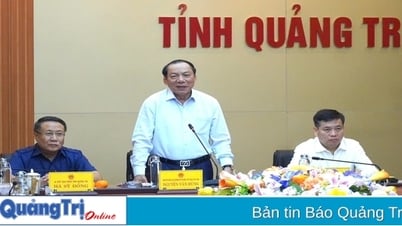
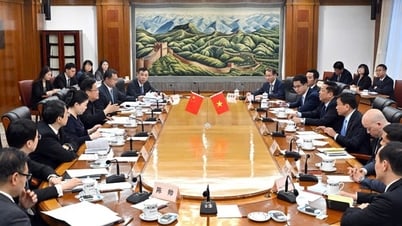




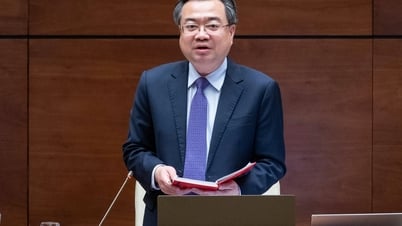

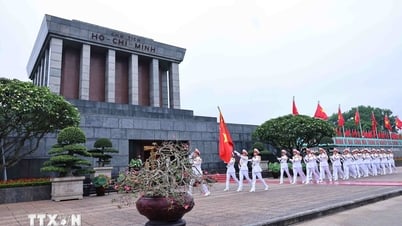





























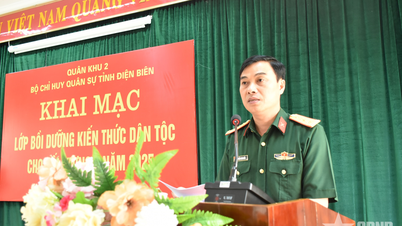




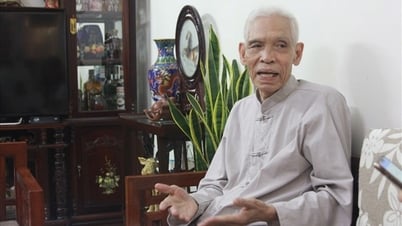
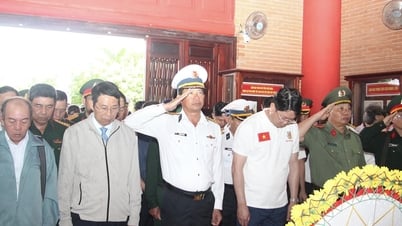




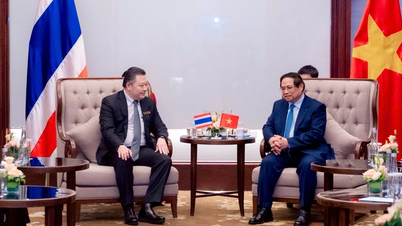
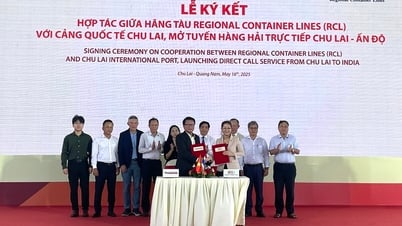



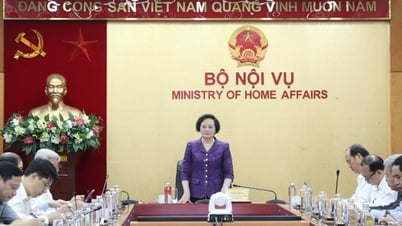

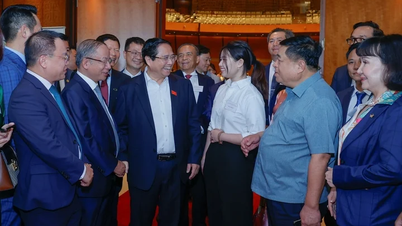




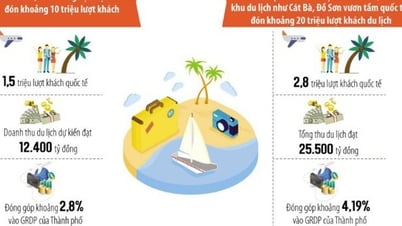






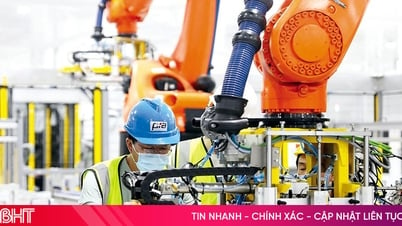



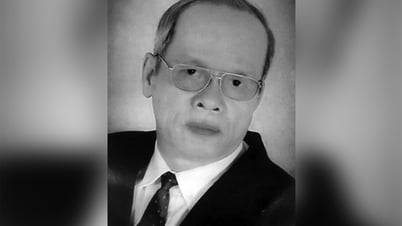












Comment (0)